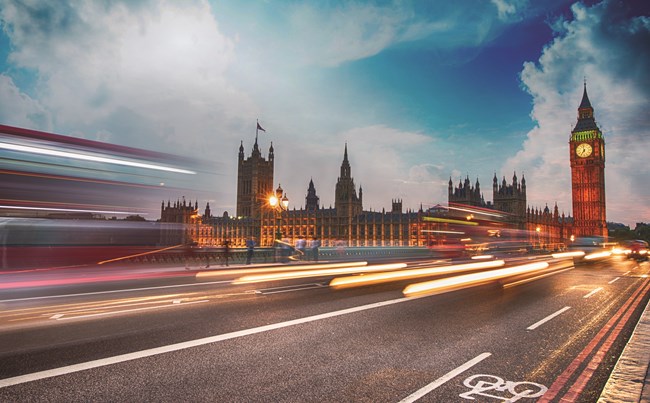
The start point for the best source of fleet information |
Budget includes plug-in car grant, fuel duty freeze and infrastructure investment
Date: 11 March 2020 | Author: Illya Verpraet

In its 2020 Budget, the Government has confirmed the new BIK tax rates from 6 April, announced the extension of the plug-in car grant, as well as investment in roads and electric car charging infrastructure.
The Government has confirmed that the company car tax rates it set out in July 2019 will be officially adopted from 6 April. This includes a reduction of most rates, with zero-emissions cars taxed at 0%. All rates will increase by 1% for 2021-22, and 1% again for 2022-23. For 2024-25, they will be frozen.
However, as the BIK tax also switches from using NEDC CO2 figures to WLTP figures, most petrol and diesel cars are likely to be slightly more expensive to tax.
Further good news comes for fleets looking to buy EVs, as the plug-in car and van grants are extended to 2022-23. The Government is setting aside £403m for the plug-in car grant, which contributes 35% to the price of a new zero-emissions car, up to a ceiling of £3500. For 2020, that has changed to a ceiling of £3000, however, and excludes cars costing over £50,000.
In addition, all zero-emissions vehicles will be exempted from the VED 'expensive car' supplement, which adds £320 a year for cars costing more than £40,000, until 2025. Normal VED rates will go up in line with the retail price index.
Chancellor Sunak is also promising £500m over the next five years to support the rollout of a fast charging network, with the aim that drivers will never be further than 30 miles from a rapid charging station. This will include a rapid charging fund to help businesses with the cost of connecting fast charge points to the electricity grid.
Another incentive to stimulate the take-up of low-emission vehicles as company cars comes in the form of a change in the first-year allowances for business cars from April next year. The Government will extend first-year allowances to zero-emission vehicles only and apply the main rate writing down allowance (WDA) of 18% to cars with CO2 emissions up to 50g/km. The special rate WDA of 6% will apply to higher polluting cars with emissions above 50g/km.
However, many will be disappointed that a mooted 0% VAT rate on electric cars has not happened.
There's good news for conventional petrol and diesel cars too, as contrary to some rumours, fuel duty will be frozen for another year.
Fuel benefit charges and the van benefit charge will increase in line with the consumer price index.
Finally, the Treasury also announced a number of road improvement schemes, such as building the lower Thames crossing, dualling the A66 Trans-Pennine, and building a new dual carriageway and a two-mile tunnel in the South West to speed up journeys on the A303 and to ease congestion around Stonehenge. Together with the railroad improvements, these projects should hopefully ease congestion. There will also be a new Potholes Fund that should provide £500 million a year for road repair.










